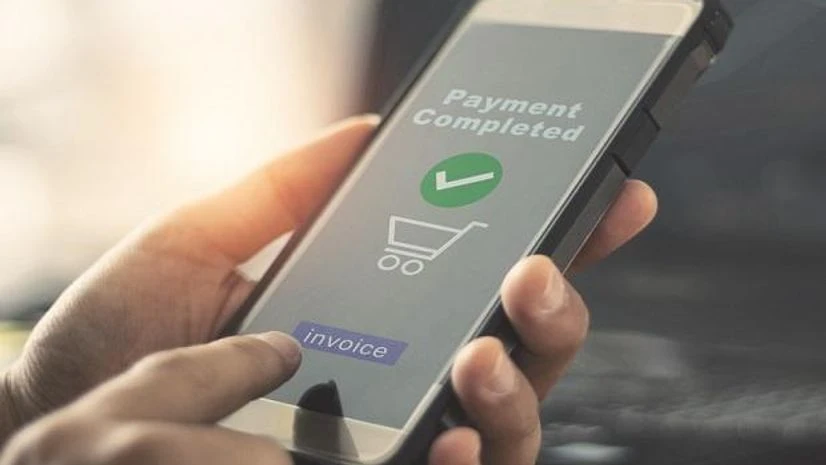While digitisation of payments and banking undoubtedly has benefitted both common people and the government, financial fraud has been on the rise, with nearly 42 per cent of Indians becoming victims in the last three years, a new report showed on Thursday.
In the last three years, only 17 per cent of those who lost their money due to banking frauds were able to get their funds back while 74 per cent could not get any resolution, according to data provided by community social media platform LocalCircles.
In an earlier survey, LocalCircles revealed that 29 per cent of citizens share their ATM or debit card pin details with close family members, while 4 per cent share it with their domestic and office staff.
The survey also revealed that 33 per cent of citizens store their bank account, debit or credit card and ATM passwords, Aadhaar and PAN numbers on email or computer, while 11 per cent of citizens have stored these details in their mobile phone contact list.
The new survey revealed that bank account fraud, fraud by fly-by-night ecommerce operators, credit and debit card frauds were the major causes of the problem.
Also Read
Storing sensitive financial details on a phone's contact list, email, or computer poses a significant risk to cyber attacks, especially if the gadget is stolen or falls into wrong hands.
Using a smartphone's acontact list' to store banking passwords and details of ATM, bank account, email, etc., is a very unsafe way to store such sensitive information/credentials because online apps nowadays ask for permission to access one's contact and messages.
To safeguard against financial loss, experts have also been advocating use of alpha-numeric password lock for email, computer and mobile phones, in such a way that is difficult to crack. Importantly, at random intervals, one should change their account password used for making transactions.
The survey included nearly 32,000 responses from citizens across 301 districts of India.
--IANS
rvt/shb/
(Only the headline and picture of this report may have been reworked by the Business Standard staff; the rest of the content is auto-generated from a syndicated feed.)

)
